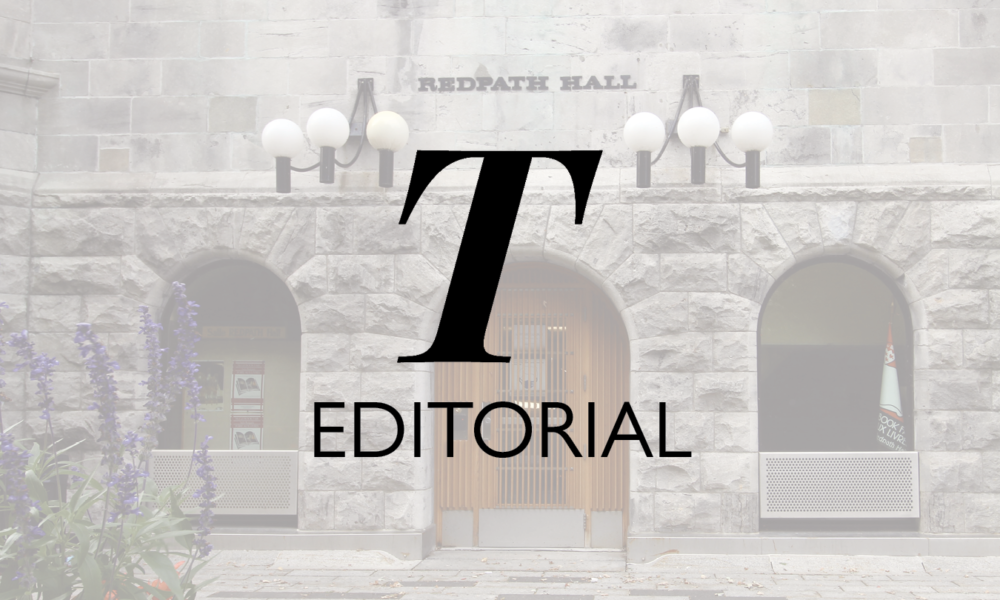On Oct. 25, the Canada Border Services Agency (CBSA) opened a new migrant detention centre in Laval, Quebec. Canadian provinces, often in accordance with CBSA contracts, forcefully detain migrants for “administrative reasons” and continue to incarcerate many for indefinite periods of time. The excuse of administrative detention undermines the violent reality of the centres: People are illegally detained for months or even years, children are either separated from their families or grow up incarcerated, and individuals are being forced into solitary confinement. The grounds for imprisonment often relate to perceived risks to public safety, which are notoriously grounded in racism and ableism. Black and brown migrants, as well as disabled or mentally ill individuals, are subjected to longer sentences and harsher treatment.
The forceful detention of migrants in the Laval facility, operated by the CBSA, is in violation of international law and is just another iteration of colonial state violence. Furthermore, the CBSA has no institutional oversight, meaning the agency is free to treat migrants as it wishes without repercussions. This lack of accountability is endemic to the immigration bureaucracy, and both federal and provincial governments who partake in these practices, such as Ontario, must take responsibility for their complicity in human rights abuses. Quebec must end its contract with the CBSA, close all migrant detention centres, and end the illegal and horrifying incarceration of innocent migrants.
Canada, much like the United States, has a shameful legacy of forcing migrants and refugees into detention centres. Canada’s government has never shied away from kidnapping minors, separating families, and attempting to rid their population of those considered a risk to the white status quo. Canadian history is scored with violence, from internment camps for Italian-Canadians and for Japanese-Canadians during World War II, to residential schools for Indigenous children. The Canadian government has long operated a brutal border regime on land unceded by its native inhabitants. No one is illegal on stolen land, and for the state to presume otherwise is ardent proof that Canada’s white supremacist project has continued into the 21st century.
Beyond detention centres, the immigration process is inherently racist and elitist, especially when it comes to Quebec. Language and value tests, established to filter out anyone who does not fit the white Francophone ideal, are just another rendition of the exclusionary vision of a Great White North. The hypocrisy of the state is further exemplified by the admission of immigrants accepted into higher-education institutions, while also luring working-class immigrants to strengthen Canada’s declining workforce, only to illegally incarcerate many upon arrival. It is painfully ironic to see Canada claim that its doors are open while subjecting many to inhumane conditions and upholding a hostile assimilation system once immigrants settle. If Canada wants to truly embody the values of benevolence and multiculturalism it purports to have, this country must abolish the current immigration system and its violent border regime.
Simple calls to reform the immigration process fail to recognize the true harm inflicted by the CBSA, provincial jails, and detention centres. The illegal incarceration of Black and brown migrants cannot be addressed by simply installing better plumbing in prisons or building shiny new centres. Canadian society must move past reform and fervently support prison abolition. Black American abolitionists like Angela Davis have spoken about how deeply ingrained the carceral system is in society. Abolition prompts imagination, and to envision a just world in an environment so hostile towards Black and brown lives is an act of resistance.
The government-led mission to cover up the reality of migrant prisons must not prevent the media, universities, and students from looking beyond Canada’s front of multiculturalism. Universities like McGill have a duty to inform students about the world that surrounds them, and ultimately, to hold provincial bodies accountable. Furthermore, students at McGill have the responsibility to question their positionality in Canadian society and to participate in the abolitionist movement. Not all immigrants are treated equally, and part of the path to abolition is acknowledging the ways in which the state attempts to build a national identity through eugenicist practices. The future of Quebec and Canada must be non-carceral, and it depends on the immediate decriminalization of immigration and the razing of migrant prisons.








